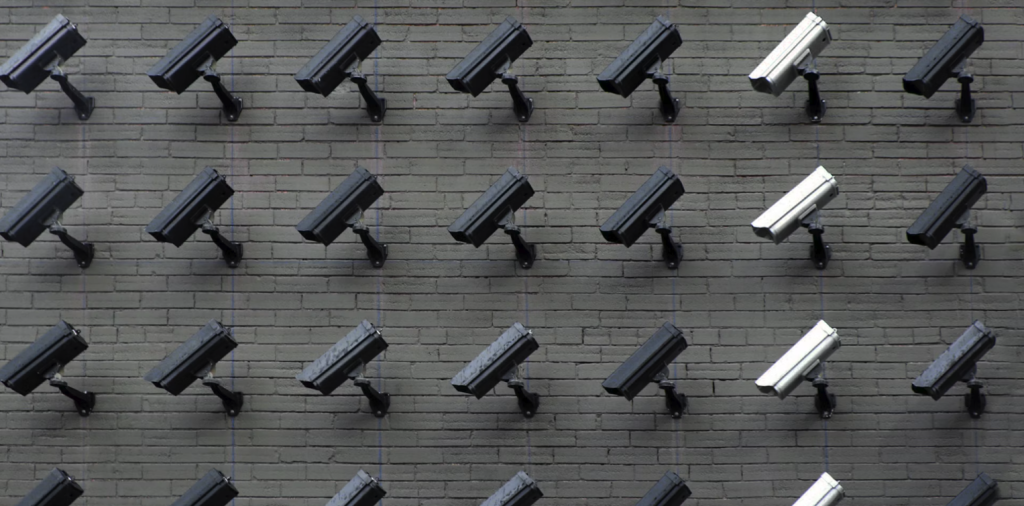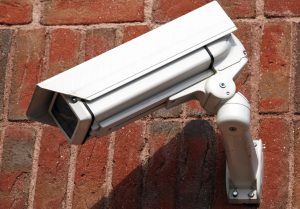The technological advancements of security cameras combined with the decrease in application costs has seen a sudden rise in domestic CCTV use across the country.
Some CCTV cameras act simply as a deterrent and may be very limited in functionality, if functional at all.
On the other hand, many CCTV cameras are full of features, with some being inconspicuously small, and many others using a mobile app to give you security coverage on your phone.
In response to CCTV becoming more commonplace, the team at Protect & Detect have put together this article, answering questions and helping you to understand the laws around home CCTV.
 Do I need permission to install a CCTV camera on my home?
Do I need permission to install a CCTV camera on my home?
In the vast majority of cases, the answer is no.
You may only need permission to install CCTV if you live in a listed building.
In this instance you may need to speak to your local council to gain more information.
However, for the majority, CCTV can be easily installed on your own accord; the laws surrounding home CCTV aren’t so much about whether you can install it, but more so concern how you situate and use it.
Can I install CCTV outside of my property boundaries?
No. CCTV can not be placed outside of your property unless strict permission is given.
Even if the camera is facing your home and only your home, you cannot legally install personal CCTV anywhere outside of your own property.
Does it matter if my CCTV captures footage from beyond my property?
When your CCTV camera monitors areas beyond your property, even if the primary focus is on your house, then that footage must comply with the laws under the Data Protection Act.
This includes footage that contains any areas beyond your property whatsoever.
This is often unavoidable, and will occur in the majority of cases. In these situations, the following rules must be abided by:
- You must put up clear signs that inform others that you have CCTV in operation.
- You must only use the footage captured for its intended purpose (security in this case).
- You must only keep the footage for as long as you need it.
- The footage must be kept safe and not released to third parties.
Breaching the Data Protection Act can result in serious penalties.
In addition, any criminal activity you do capture will be unable to be used as evidence if it is obtained without complying to the Data Protection Act.
Are there any other laws I need to abide by?
If your neighbours are in the view of your CCTV, they may feel uncomfortable.
While having properties appear on your CCTV can sometimes be unavoidable, it’s important you recognise that others may consider it a breach of privacy.
In fact, it could even be considered a breach of the Human Rights Act, especially if your neighbour has suspicions that you are monitoring their activities.
Be weary of this when you set up your CCTV and ensure that even if some other properties are in view, you are not able to see through any windows and are not focused on entryways.
Protect & Detect is a leading fire safety and security company, servicing Ipswich, Colchester, Cambridge, Bury St. Edmunds, Chelmsford and beyond.
Protect & Detect offers a wide range of fire safety and security services including; fire alarms, fire extinguishers, burglar alarms, intruder alarms, fire sprinkler systems, access control, door entry systems, CCTV, barriers, nurse and warden calls. Contact our friendly team today for a quick quote.


